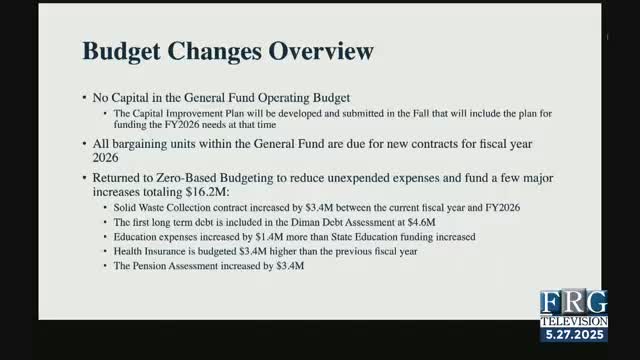Article not found
This article is no longer available. But don't worry—we've gathered other articles that discuss the same topic.
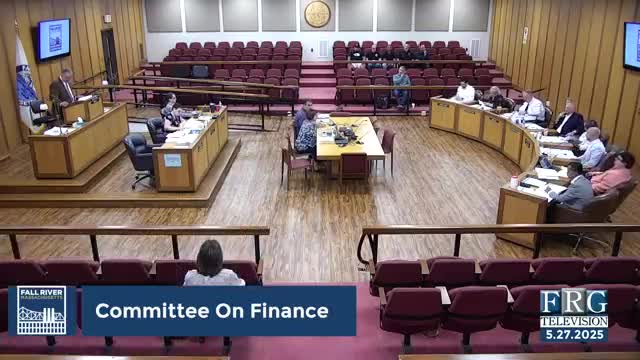
Fall River schools say transportation costs pushed operating request higher; redistricting and pre‑K growth cited
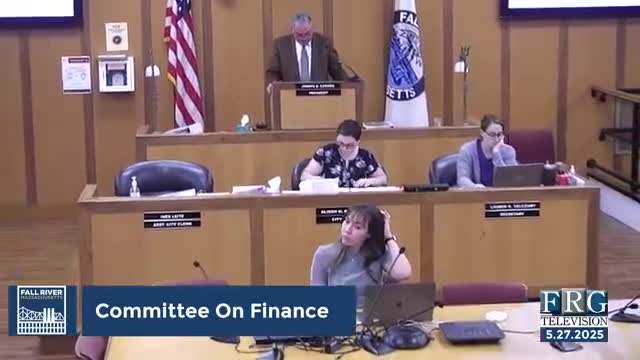
Fall River planners present FY26 municipal budget with large one-time increases, zero-based cuts to departments
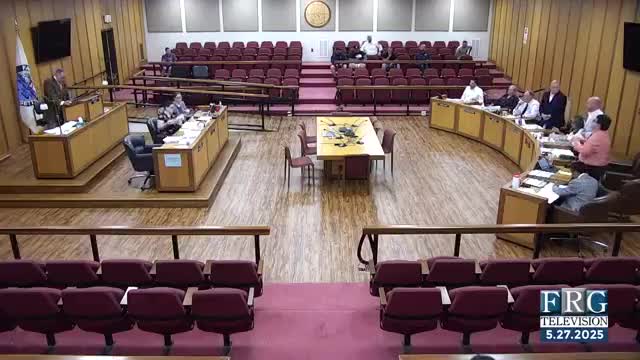
Council adopts EMS Week resolution, members and councilors raise inter‑departmental questions
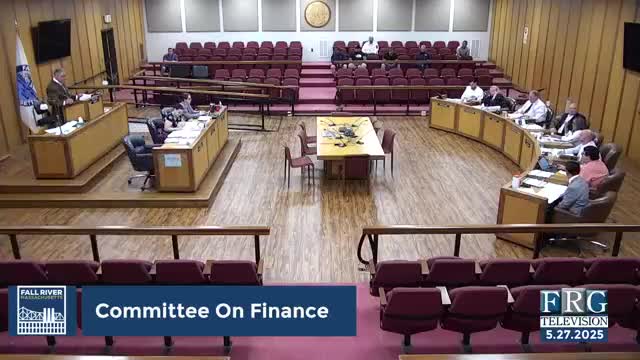
Council asks committees to study Wall Street/Route 79 land transfers and South Main/Flint redevelopment
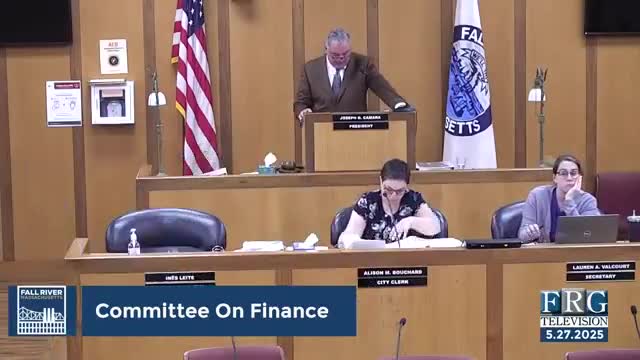
Council approves $55,000 CPA grant for Bank Street Armory feasibility study
